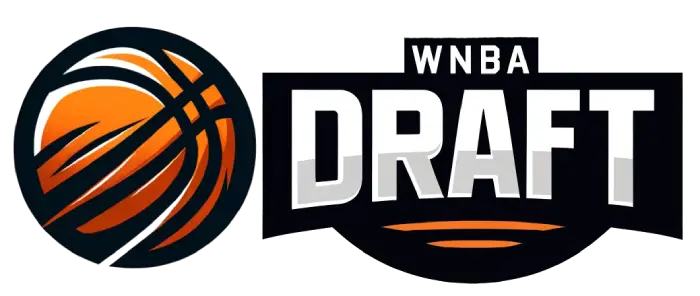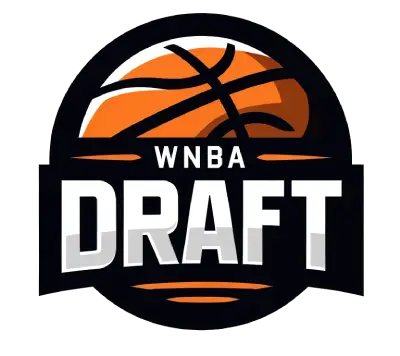11:31 AM ET
Mechelle VoepelespnW.com
CloseMechelle Voepel covers the WNBA, women’s college basketball, and other college sports for espnW. Voepel began covering women’s basketball in 1984, and has been with ESPN since 1996.
EUGENE, Ore. — Diana Taurasi walked out of locker room Saturday and glanced over at some USA Basketball staffers. “Humble pie,” Taurasi said. “Sometimes it’s good for you.”
The U.S. women had just lost to No. 1-ranked Oregon. For just the second time since USA Basketball began putting together women’s tours to play exhibitions against college teams, the college team won. It sent the 11,530 fans at Matthew Knight Arena into a joyous frenzy.
And the U.S. squad? Despite the players’ outward graciousness, they were irritated to lose to college kids. Admittedly, it’s one game, and it’s worth noting all the players who weren’t there for Team USA. But after four college exhibition games, the Americans face some questions.
What’s next?
The U.S. women’s national team gets back to competition right away, playing in the FIBA Americas Pre-Olympic Qualifying tournament in Argentina this week. The Americans face Brazil on Thursday, Argentina on Saturday and Colombia on Sunday.
The United States, as winner of last year’s World Cup, has already qualified for the 2020 Tokyo Olympics. Even so, this pre-qualifying tournament and a qualifying tournament in February are important opportunities for the U.S. women to play together. Chicago’s Diamond DeShields and Dallas’ Arike Ogunbowale, who weren’t part of the college tour, will join the U.S. squad in Argentina.
What’s up with the perimeter defense?
In the four exhibition games, guards led the way in scoring for the college teams: Stanford’s Kiana Williams and DiJonai Carrington (17 points), Oregon State’s Destiny Slocum (15), Texas A&M’s Chennedy Carter (34) and Oregon’s Sabrina Ionescu (30).
2 Related
A big part of this is that the best player(s) for those teams are guards. But we also have to look at the defense of the U.S. guards. In these four games, it did not look elite.
Some of this is rust. Seattle’s Sue Bird (knee) and Dallas’ Skylar Diggins-Smith (maternity leave) didn’t play this WNBA season. Phoenix’s Diana Taurasi (back, hamstring) played just six games, and Seimone Augustus (knee) played 13. Connecticut’s Layshia Clarendon (ankle) didn’t play after June 16.
Age also is an unavoidable topic: Bird is 39, Taurasi 37 and Augustus 35.
Los Angeles’ Chelsea Gray, Las Vegas’ Kelsey Plum and Dallas’ Allisha Gray all played full WNBA seasons. But Chelsea Gray missed the Stanford game, and Plum missed both the Stanford and Oregon State games. None of these three players has a lot of senior national team experience.
Adding DeShields and Ogunbowale for the upcoming games will be a boost. There are guards in the national team pool, such as Seattle’s Jordin Canada and Connecticut’s Jasmine Thomas, who are top-notch defenders.
But why isn’t Washington’s Natasha Cloud in the pool? She just won a WNBA title with the Mystics and has the exact skill set — she’s a strong point guard with good size and quickness, plus she’s an exceptional defender — that the U.S. women could use. At 27, she’s in her prime, and she wants to play for the national team. (For what it’s worth, her Mystics teammate, Ariel Atkins, is another excellent perimeter defender, and she’s just 23.)
USA Basketball has always valued loyalty from players, and it’s understandable that the organization has shown that back. But that has meant some other players never got much of a chance. Chicago’s Courtney Vandersloot, a WNBA first-team pick this season and in the running for best point guard in the world, is a recent example: She didn’t make the 2016 Olympic team, when she was 27, and felt time was running out for an Olympic experience. So she joined the Hungarian national team in 2017.
We’re many months from the Tokyo Games, so a lot will play out before the final Olympic roster decisions are made. But the perimeter defense has to be addressed.
How about the post play?Nneka Ogwumike opened the college tour with 23 points and 12 rebounds against Stanford, her alma mater. AP Photo/John Hefti
There is a lot of superstar-caliber depth at the forward and center positions for Team USA when everyone is available and healthy. But for the college tour, only three true post players played all four games: Los Angeles forward Nneka Ogwumike, Minnesota center Sylvia Fowles and Minnesota forward Napheesa Collier. Las Vegas forward A’ja Wilson missed the Texas A&M and Oregon games because of a death in her family.
Ogwumike led the team in scoring (19.5 PPG) and rebounding (8.6). She and Fowles (11.5, 6.3) both started. Collier (4.8, 5.5) came off the bench.
Washington’s Elena Delle Donne, the 2019 WNBA MVP, is one of the “core eight” contracted to practice and play with the national team through the Olympics, along with Bird, Taurasi, Diggins-Smith, Chelsea Gray, Fowles, Ogwumike and Wilson. But Delle Donne is resting and recovering from herniated disks in her back, and she didn’t play in any of the games.
Seattle’s Breanna Stewart, the 2018 WNBA MVP, missed the WNBA season because of an Achilles’ injury suffered in April. She has said she hopes to return to action in February. New York’s Tina Charles, Phoenix’s Brittney Griner and Minnesota’s Maya Moore also are not with the national team. All three, like Charles and Delle Donne, are former Olympians.
Griner and Charles are playing overseas. Moore’s status, not just with the national team but in basketball in general, is uncertain, as she took a hiatus this year to work on social-justice issues.
Does the United States have all it needs in post play in the pool? Yes, if everyone’s healthy, but Seattle’s Natasha Howard, the WNBA’s defensive player of the year this season, isn’t included and perhaps should be.
Ultimately, the U.S. is still the overwhelming favorite in Tokyo, where the Americans will go for their seventh consecutive Olympic gold medal. But the college tour was designed to test the squad, and it did. There will be at least two more games against college programs: Jan. 27 at UConn and Feb. 2 at Louisville.
“Every experience is an opportunity to grow,” Ogwumike said of the loss to Oregon. “But we’ll be ready for the games in Argentina.”


